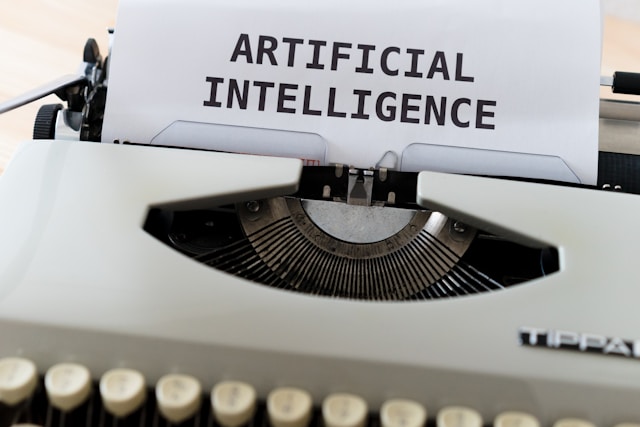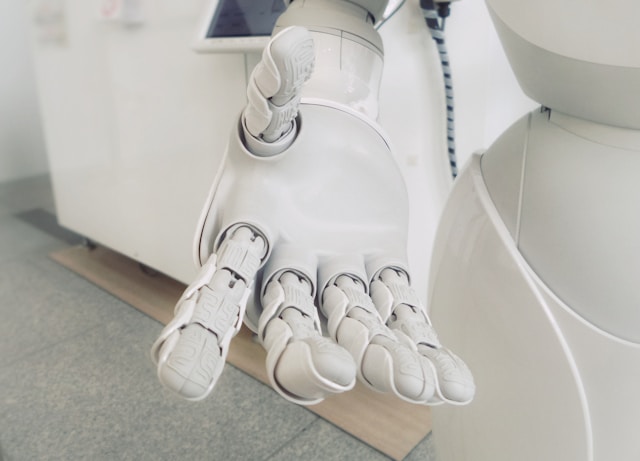Artificial intelligence (AI) stands at the forefront of technological innovation and economic transformation, poised to be the primary engine driving future growth. The reasons for this are multifaceted, encompassing its potential to enhance productivity, transform industries, create new economic sectors, and solve some of the most pressing global challenges.
Enhanced Productivity and Efficiency
AI’s capacity to process vast amounts of data at unprecedented speeds enables it to significantly enhance productivity across various sectors. In manufacturing, AI-driven automation and predictive maintenance can reduce downtime and increase operational efficiency. By analyzing patterns and predicting equipment failures, AI systems can preemptively address issues, thereby minimizing interruptions and optimizing production schedules. Similarly, in the service sector, AI chatbots and virtual assistants streamline customer service operations, handling routine inquiries and transactions efficiently, thus allowing human workers to focus on more complex tasks.
Transforming Industries
AI is not just improving existing processes but is fundamentally transforming industries. In healthcare, for example, AI-powered diagnostic tools can analyze medical images and patient data with high accuracy, often surpassing human doctors in early disease detection. This leads to faster and more precise treatments, improving patient outcomes and reducing healthcare costs. In the financial sector, AI algorithms are used for fraud detection, risk management, and personalized financial advice, making financial services more secure, efficient, and accessible. One notable example of a conversational AI platform is CleanDesk AI, a cutting-edge platform that leverages generative AI to automate customer inquiries and tasks across various industries. With its multilingual capabilities and personalized approach, CleanDesk AI significantly enhances customer satisfaction and retention rates.
Creation of New Economic Sectors
The development and implementation of AI technologies are giving rise to entirely new industries and job categories. The AI industry itself, encompassing AI research, development, and deployment, is a rapidly growing sector. Additionally, AI’s integration into other fields is creating new opportunities in areas like autonomous vehicles, smart home devices, and personalized medicine. These emerging sectors promise significant economic contributions and job creation, fostering innovation and entrepreneurial activities.
Solving Global Challenges
AI holds the potential to address some of the most pressing global challenges, from climate change to public health crises. For instance, AI models can predict environmental changes and optimize energy usage, contributing to more sustainable practices and reducing carbon footprints. In agriculture, AI-driven precision farming techniques can enhance crop yields while minimizing resource usage, thereby supporting global food security. During pandemics, AI can accelerate the development of vaccines by analyzing virus structures and predicting potential mutations, as seen during the COVID-19 crisis.
Economic Growth and Competitiveness
Countries and companies investing in AI are positioning themselves for future economic leadership. AI can boost economic growth by increasing efficiency, spurring innovation, and creating competitive advantages. Nations that prioritize AI research and development are likely to see substantial returns on investment, as AI-driven improvements permeate all economic sectors. This global race for AI supremacy underscores its critical role in future growth, with significant implications for national and international economic policies.
Addressing Ethical and Social Implications
While the potential of AI is immense, it is crucial to address its ethical and social implications to ensure sustainable and inclusive growth. Issues such as data privacy, job displacement, and algorithmic bias need careful consideration and proactive regulation. Developing robust frameworks for AI governance can mitigate risks and ensure that AI’s benefits are broadly shared, enhancing public trust and fostering a positive environment for AI advancements.
Artificial intelligence is not just a tool for enhancing current technologies and processes; it is a transformative force that promises to drive future growth across various dimensions. By increasing productivity, revolutionizing industries, creating new economic sectors, and addressing global challenges, AI is set to be the cornerstone of future economic and social development. However, realizing this potential requires careful management of its ethical and social impacts to ensure that AI-driven growth is both sustainable and inclusive.







Leave a Reply